20 GPTs for Tattoo Design Powered by AI for Free of 2026
AI GPTs for Tattoo Design refer to advanced artificial intelligence models, specifically Generative Pre-trained Transformers, that are fine-tuned to cater to the tattoo industry's unique requirements. These tools leverage the power of machine learning and natural language processing to generate, suggest, and refine tattoo designs based on textual prompts or visual inputs. They play a crucial role in bridging the gap between creativity and technology, offering personalized solutions that enhance the design process for artists and enthusiasts alike.
Top 10 GPTs for Tattoo Design are: Tattoo Ideas GPT,Convert Sketch to Vector,Tattoo Visionary,Ink Imaginarium,DIY: Create Line Art Fusion: Stencils: Coloring,Tattoo | CreatorGPT,Inkspire - AI tattoo generator,TattooGPT,Inkspire Assistant,Innovative Ink
Tattoo Ideas GPT
AI-powered tattoo design and inspiration
Convert Sketch to Vector
AI-powered vectorization of your sketches
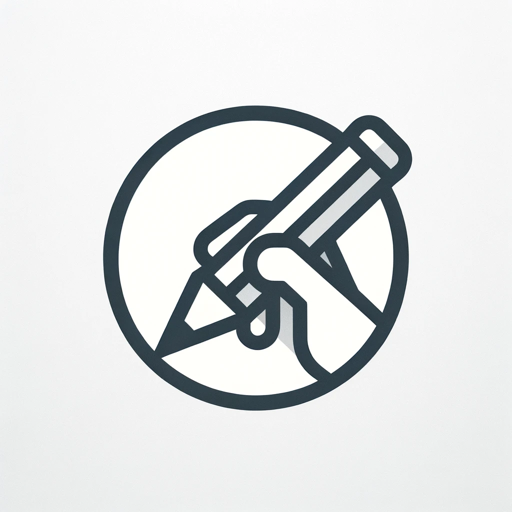
Tattoo Visionary
Inking Your Imagination with AI
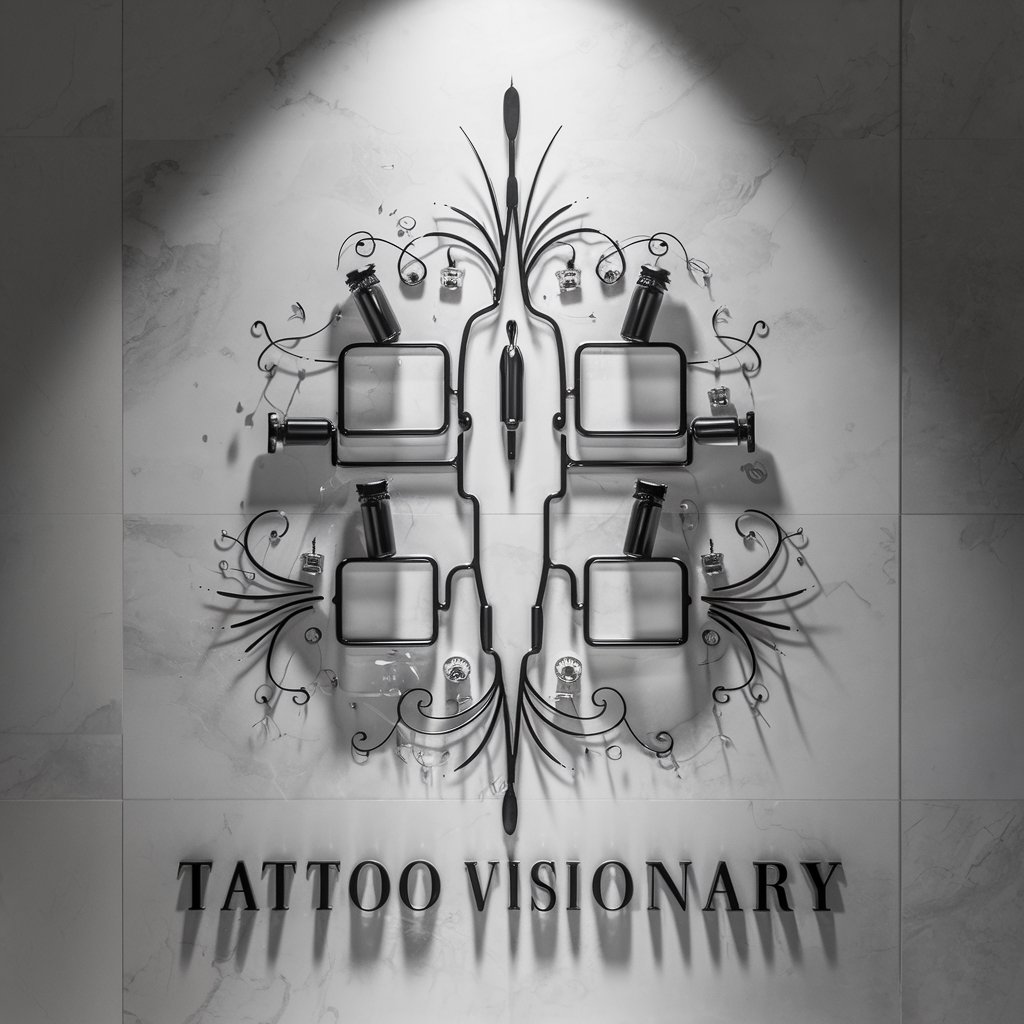
Ink Imaginarium
Unleash Creativity with AI-Driven Tattoo Art
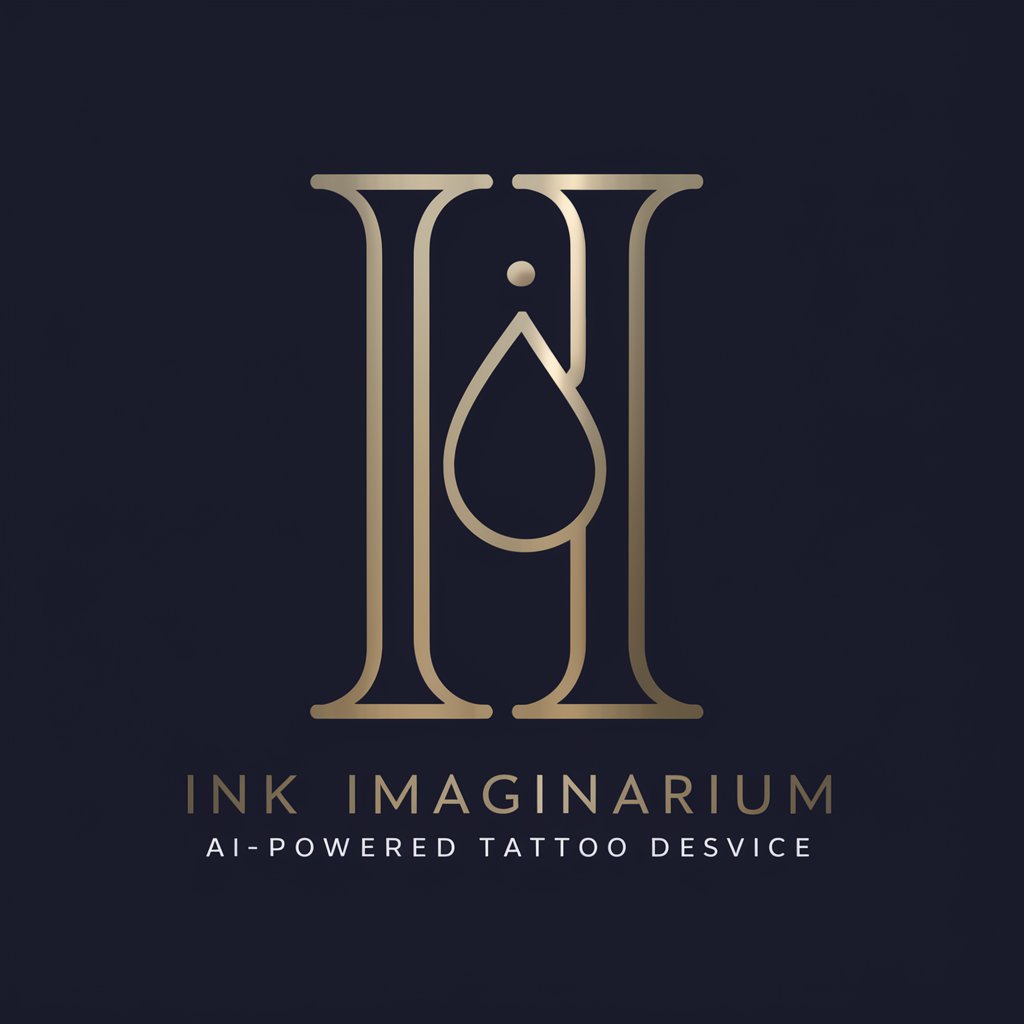
DIY: Create Line Art Fusion: Stencils: Coloring
Simplify Art with AI-Powered Stencils
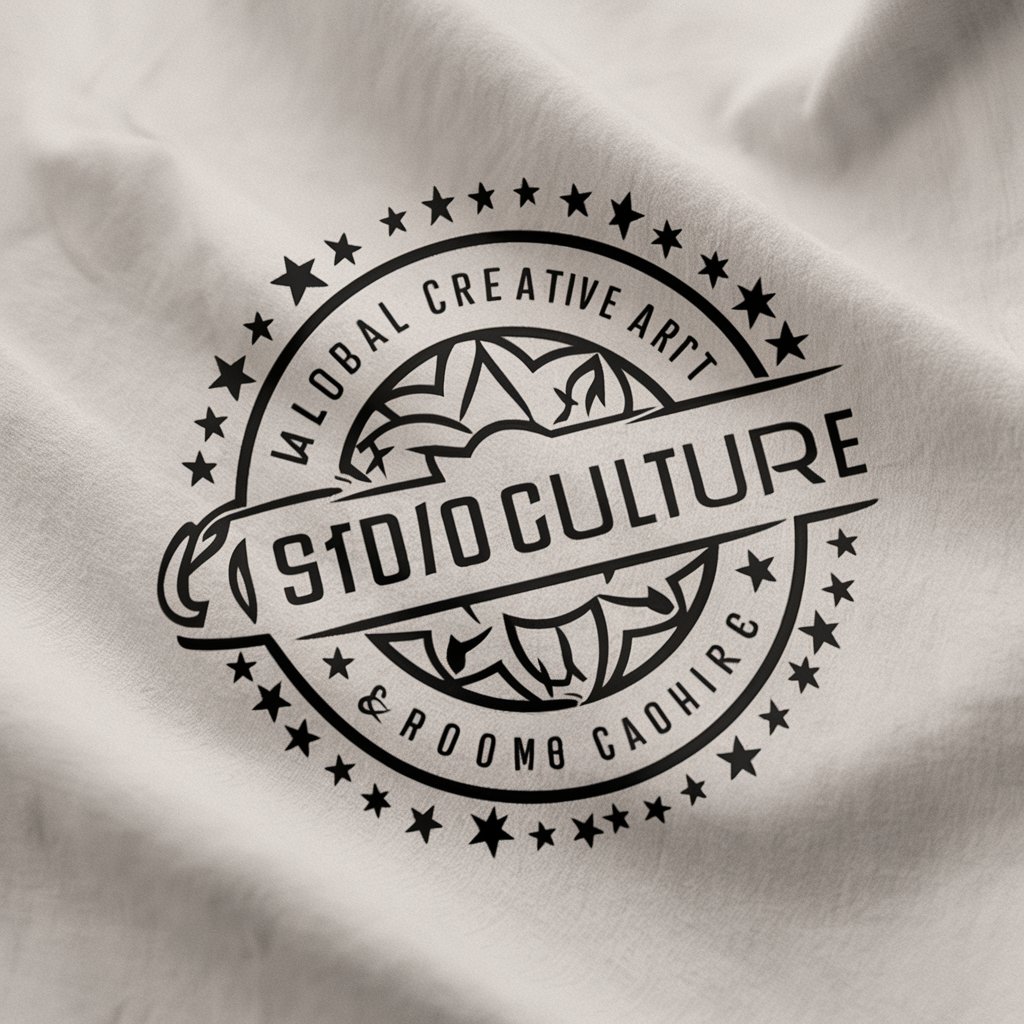
Tattoo | CreatorGPT
Craft Your Unique Tattoo Story
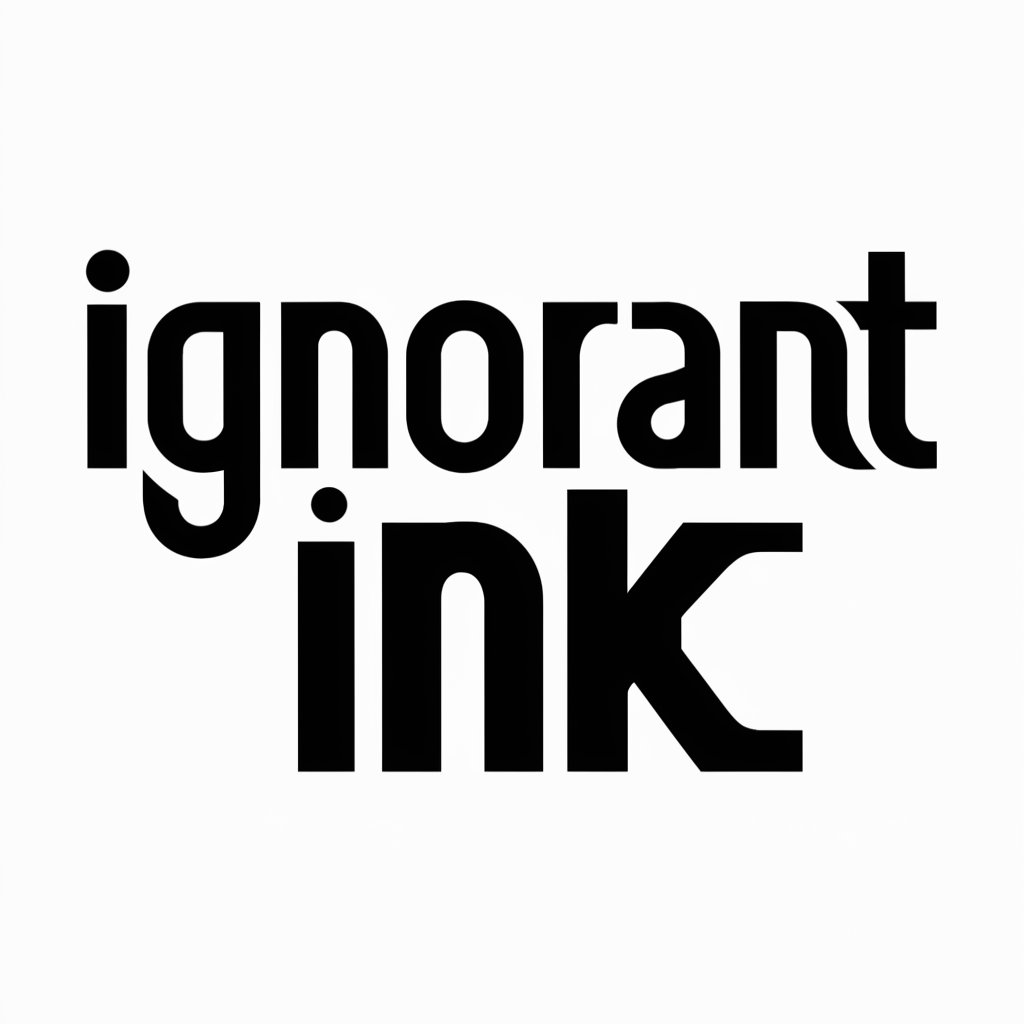
Inkspire - AI tattoo generator
Craft Your Dream Tattoo with AI
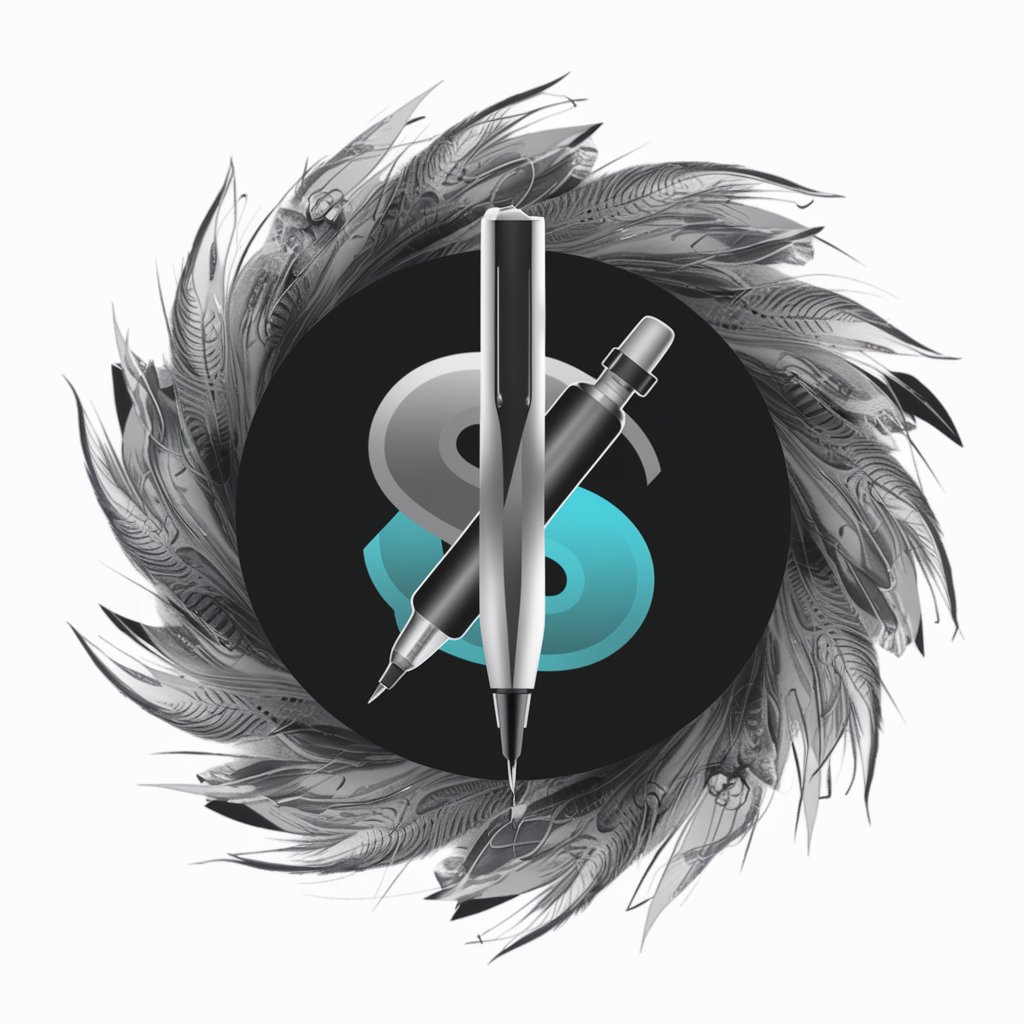
TattooGPT
Design. Refine. Ink.
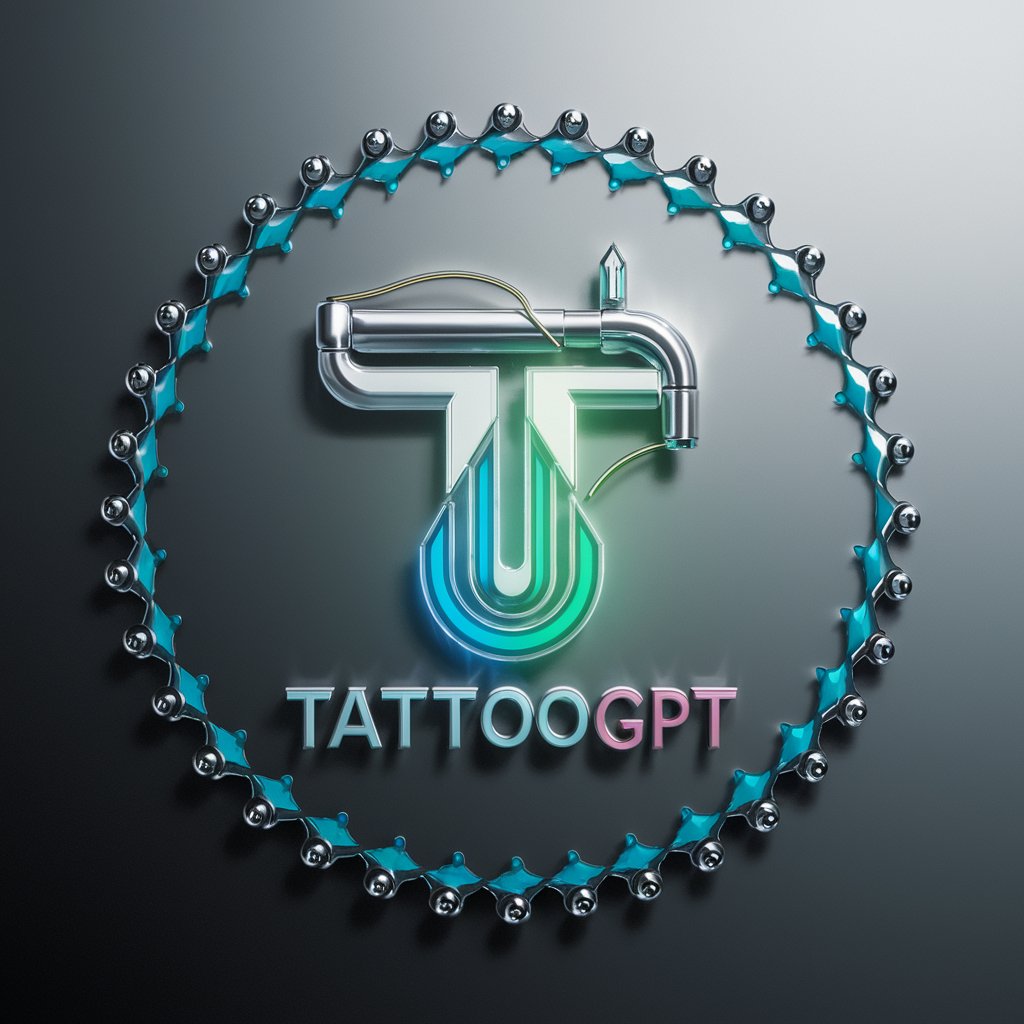
Inkspire Assistant
Visualize Your Tattoo Dream, Realistically
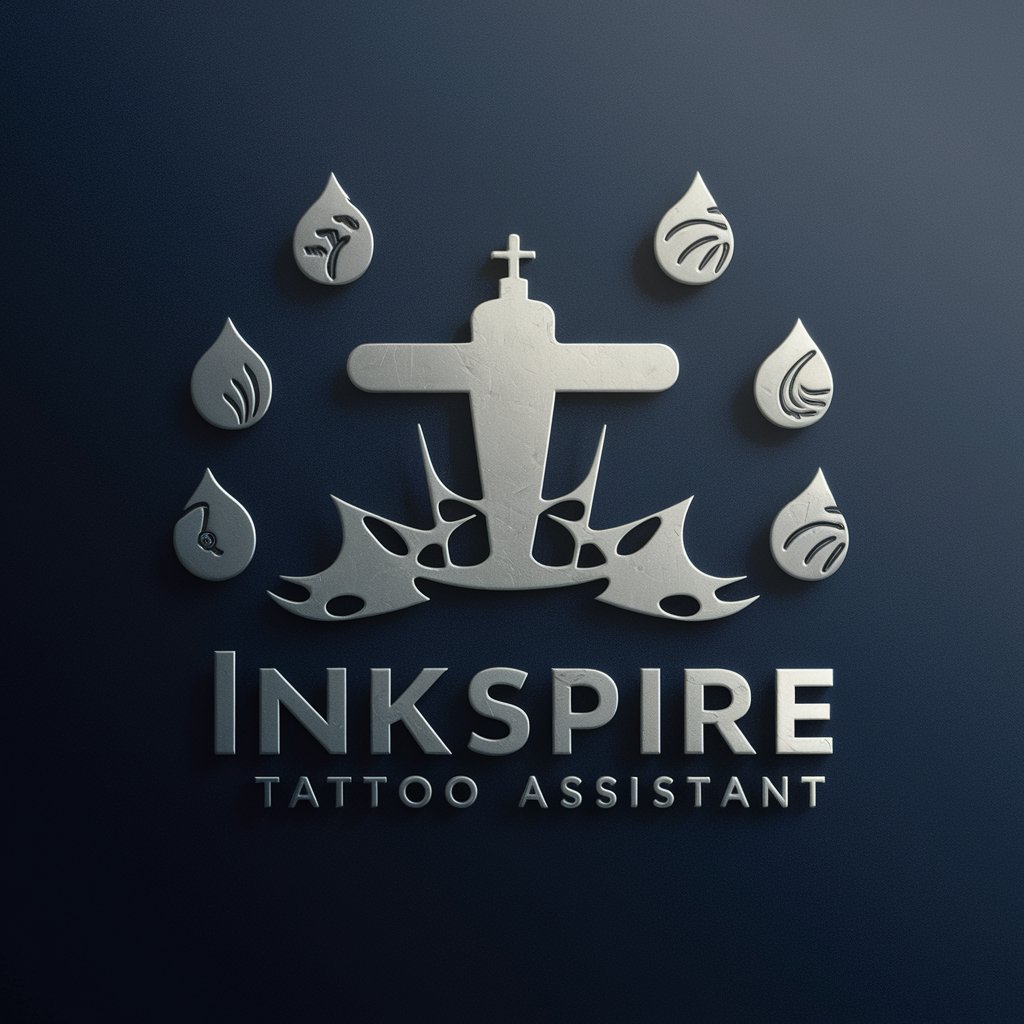
Innovative Ink
Crafting Your Ideas into Tattoo Art
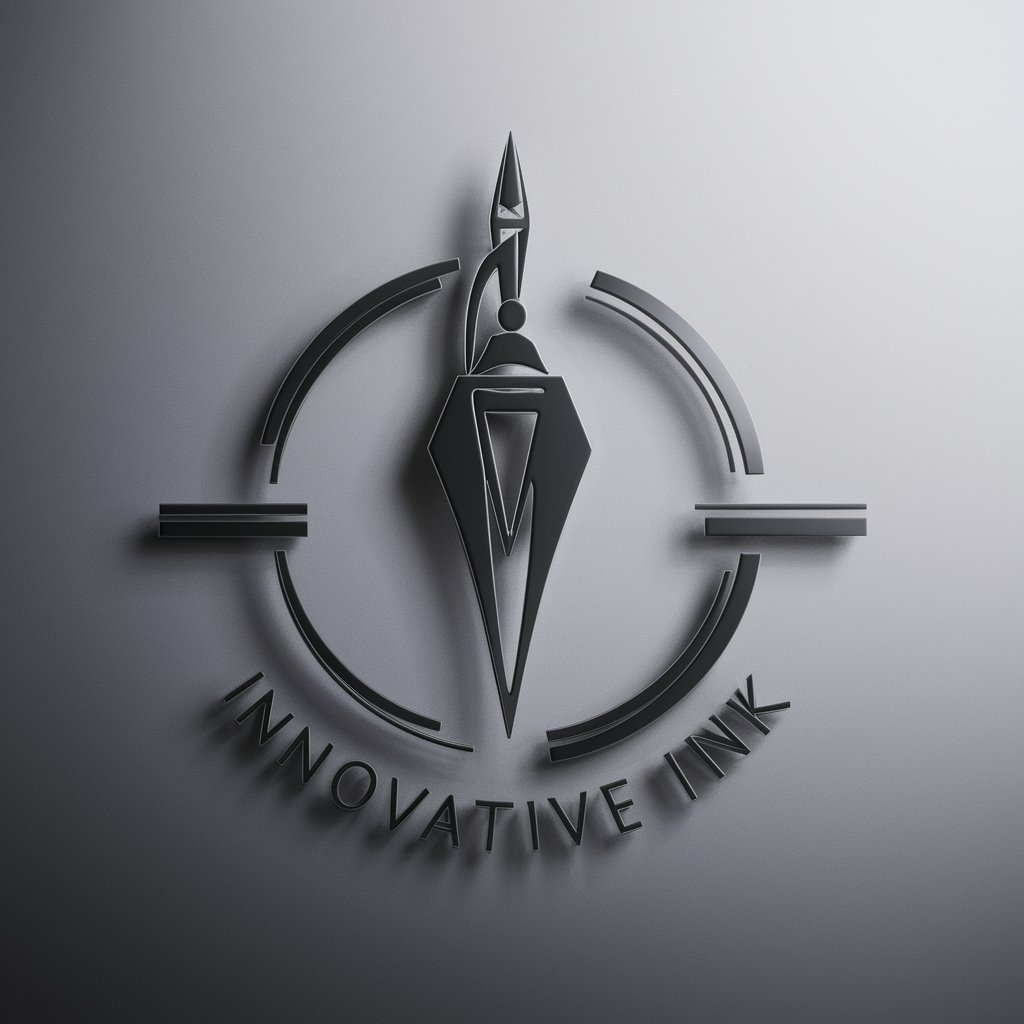
Tattoo Image Prompt Generator
Envision Your Dream Tattoo with AI
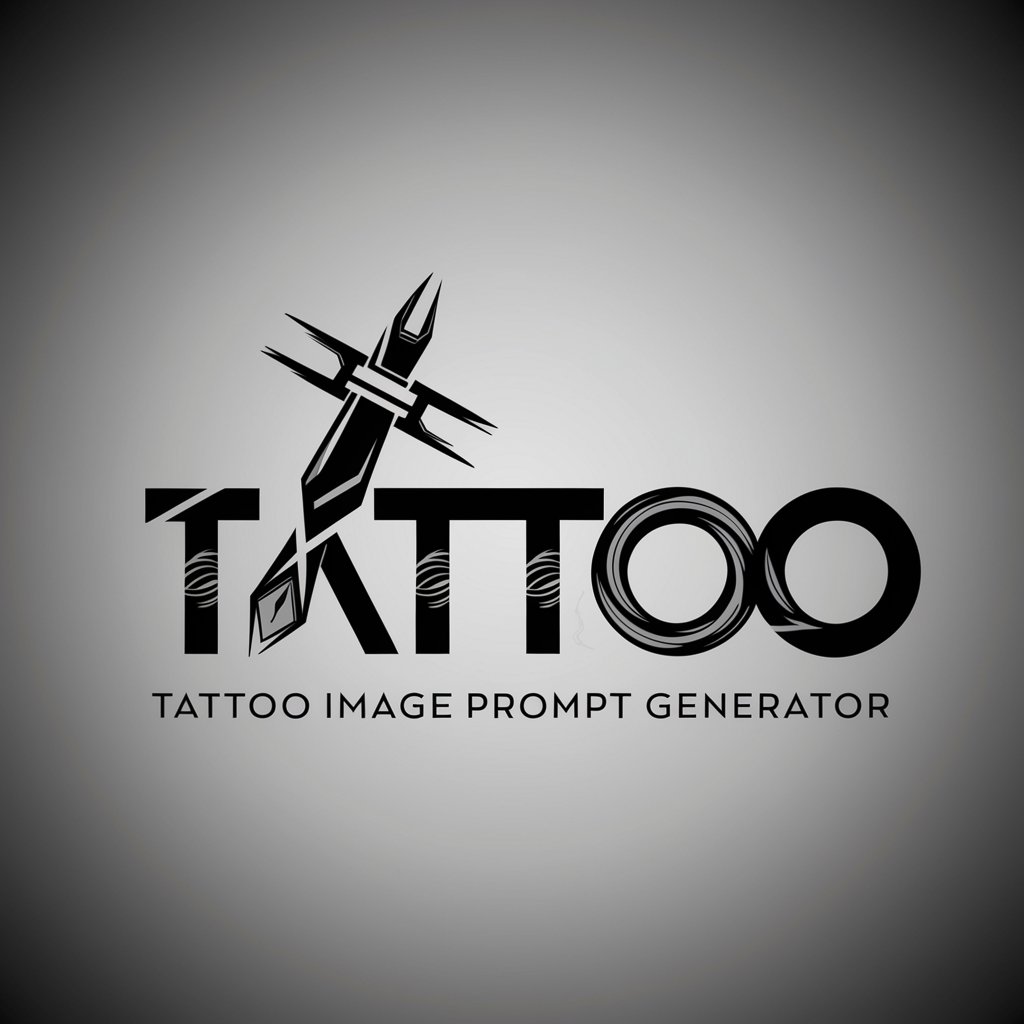
Atomic Studio
Crafting Your Personal Ink Journey with AI
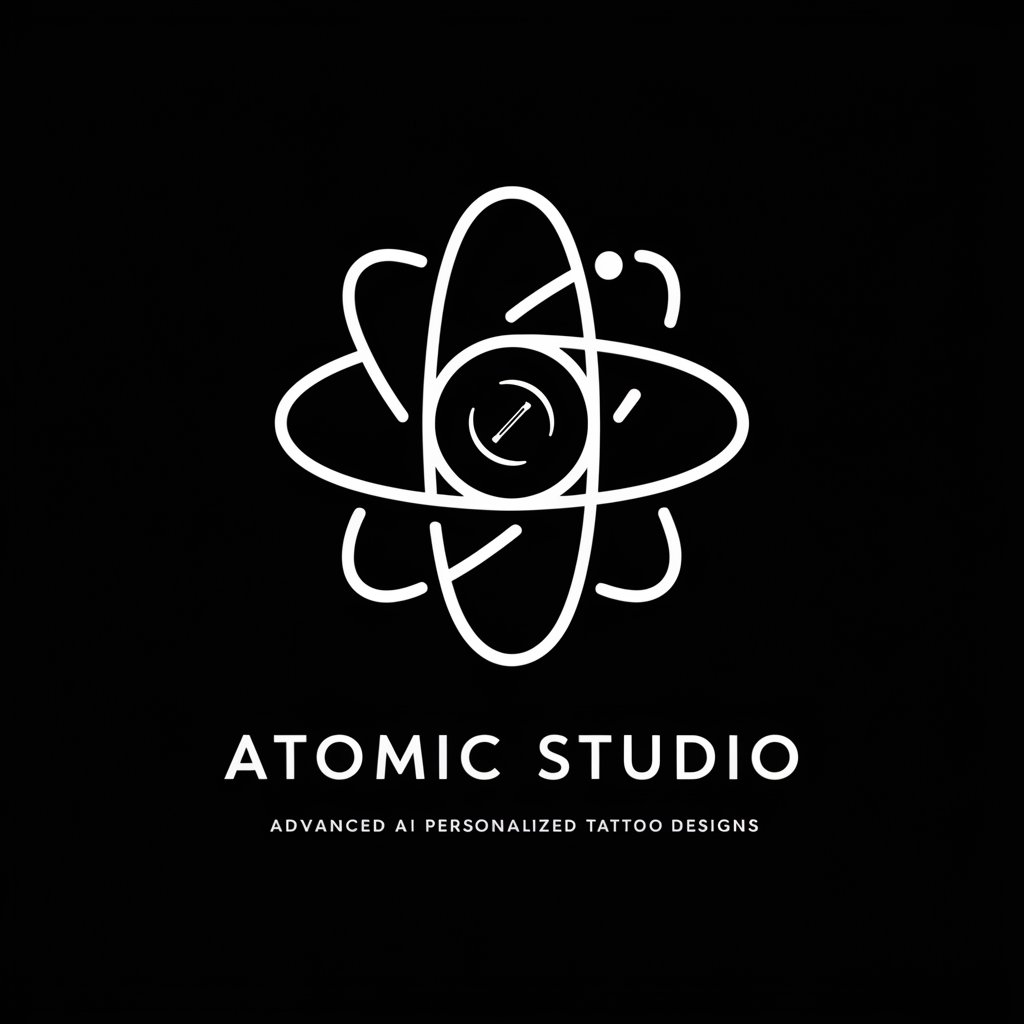
Tattoo GPT
Craft your dream tattoo with AI
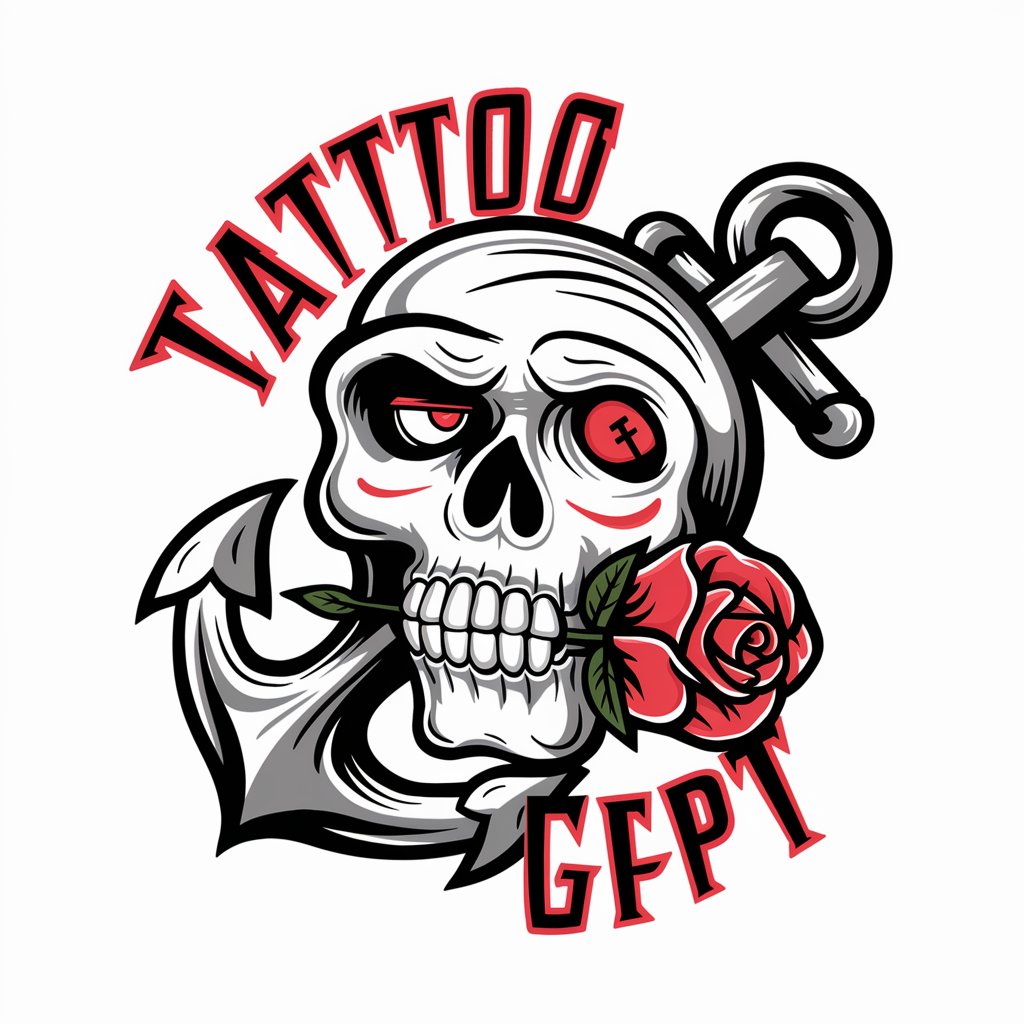
Tattoo Vector Genius
Craft Your Ink with AI Precision
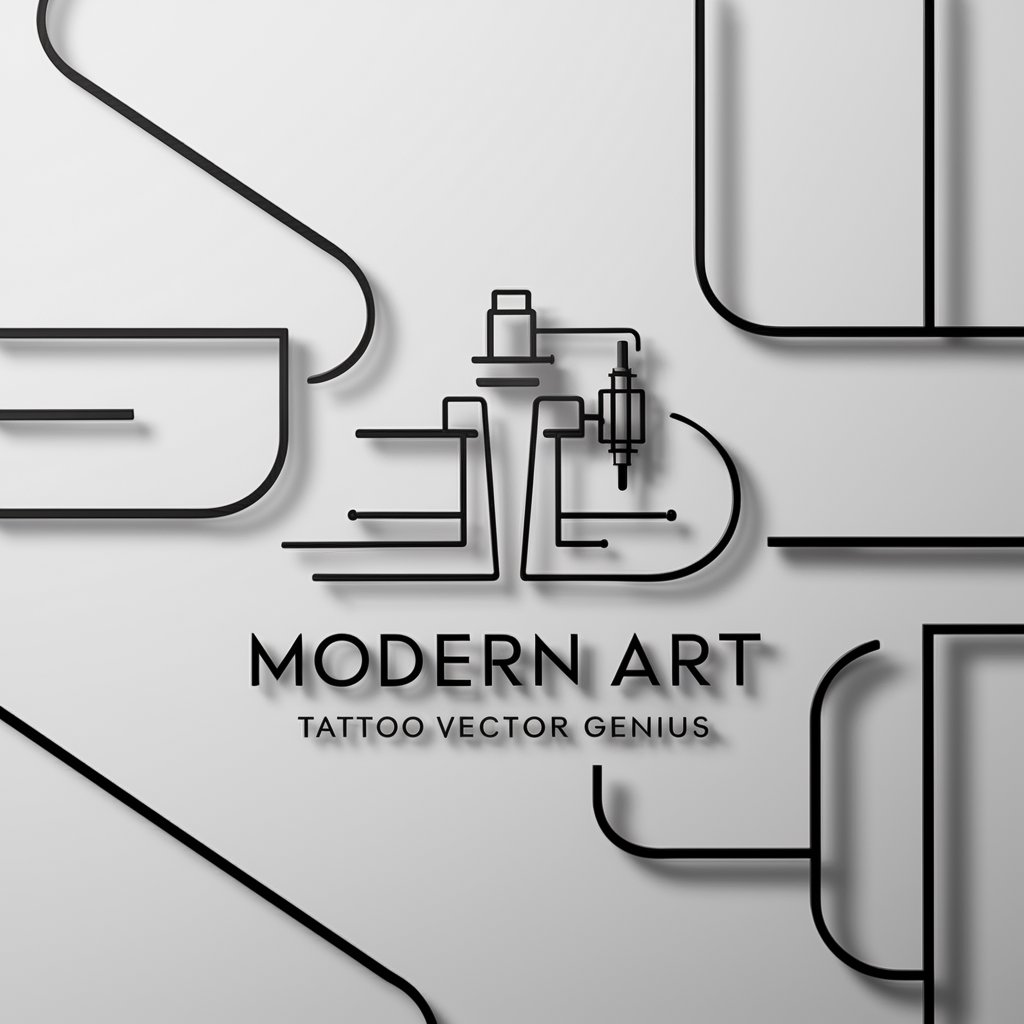
Ink Guardian
Sculpting Strength in Ink
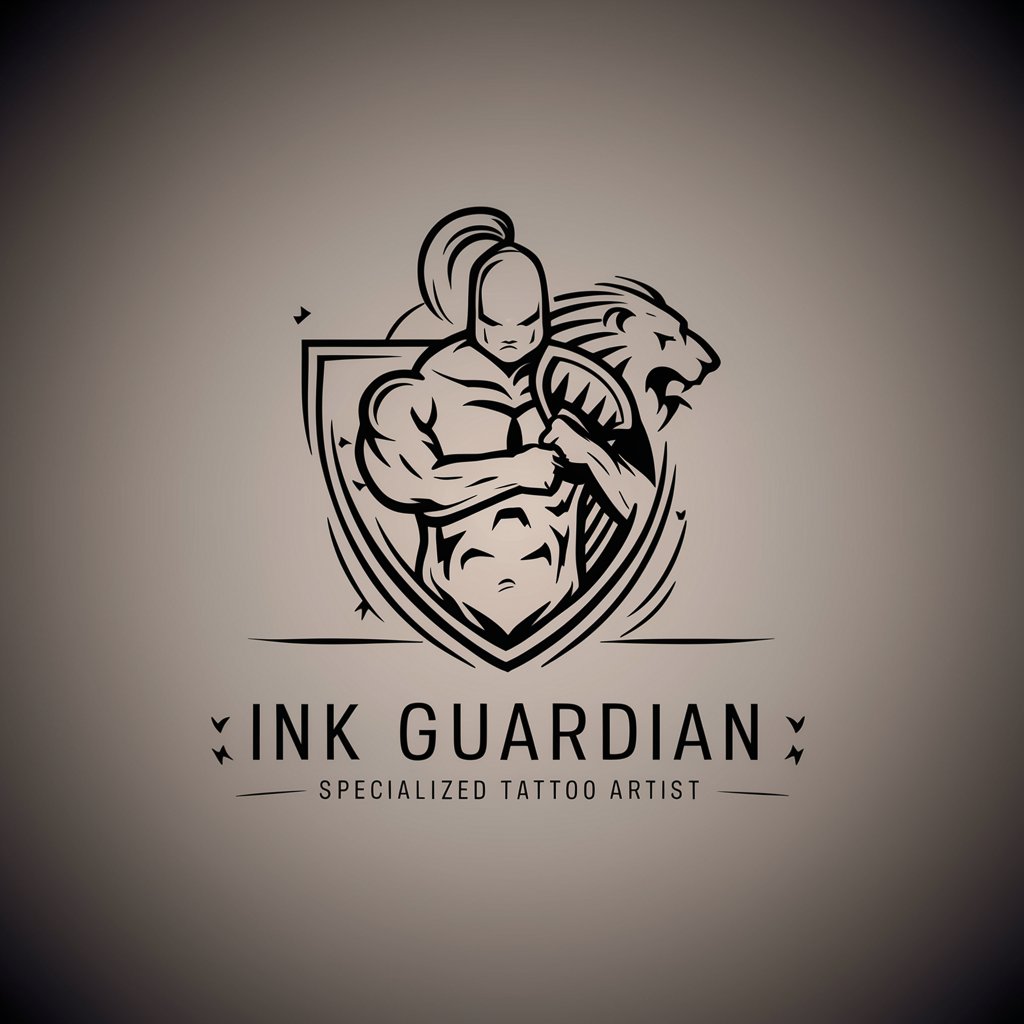
Artista Ink Personalizado
Personalize your ink with AI-powered creativity
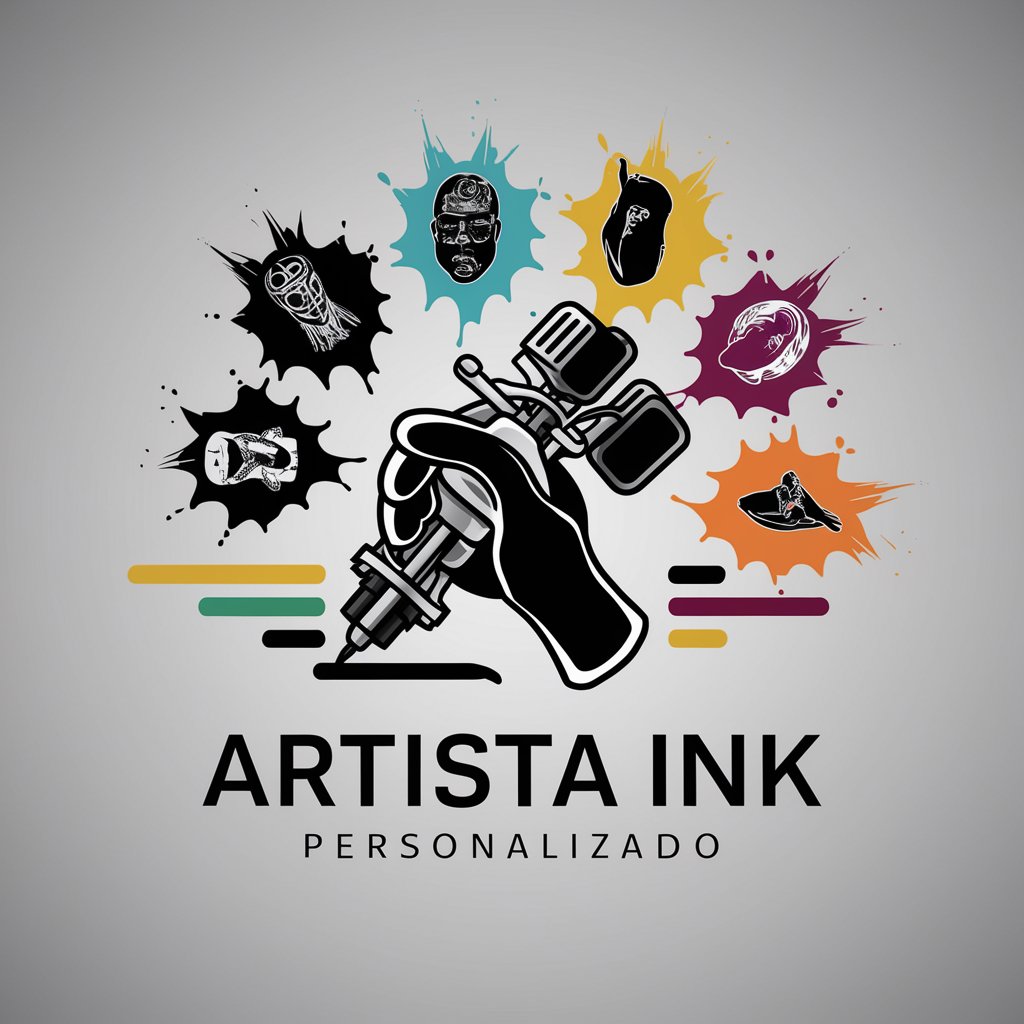
Inkspire
Empowering Your Tattoo Journey with AI
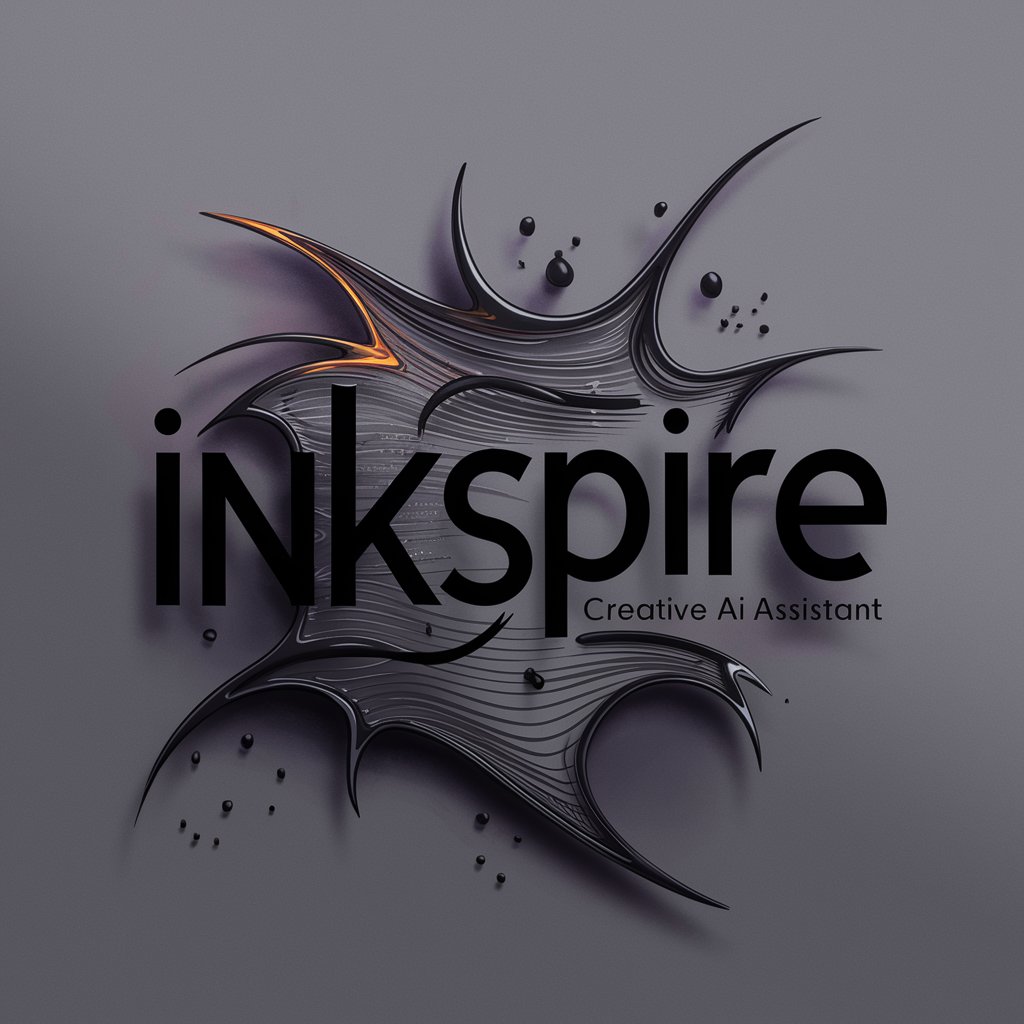
Inkspire Artist
Crafting Your Dream Tattoos with AI
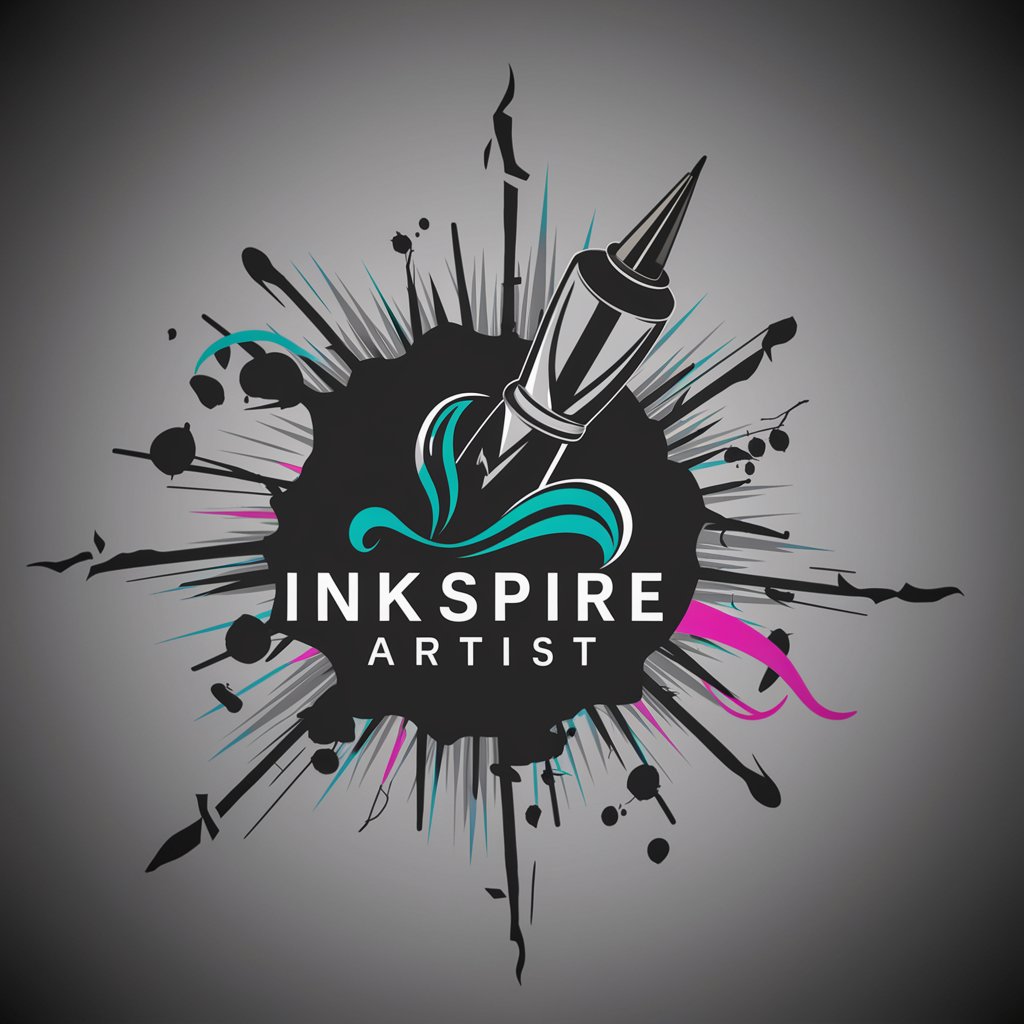
Skin Illustrator
Craft Your Ink with AI Precision
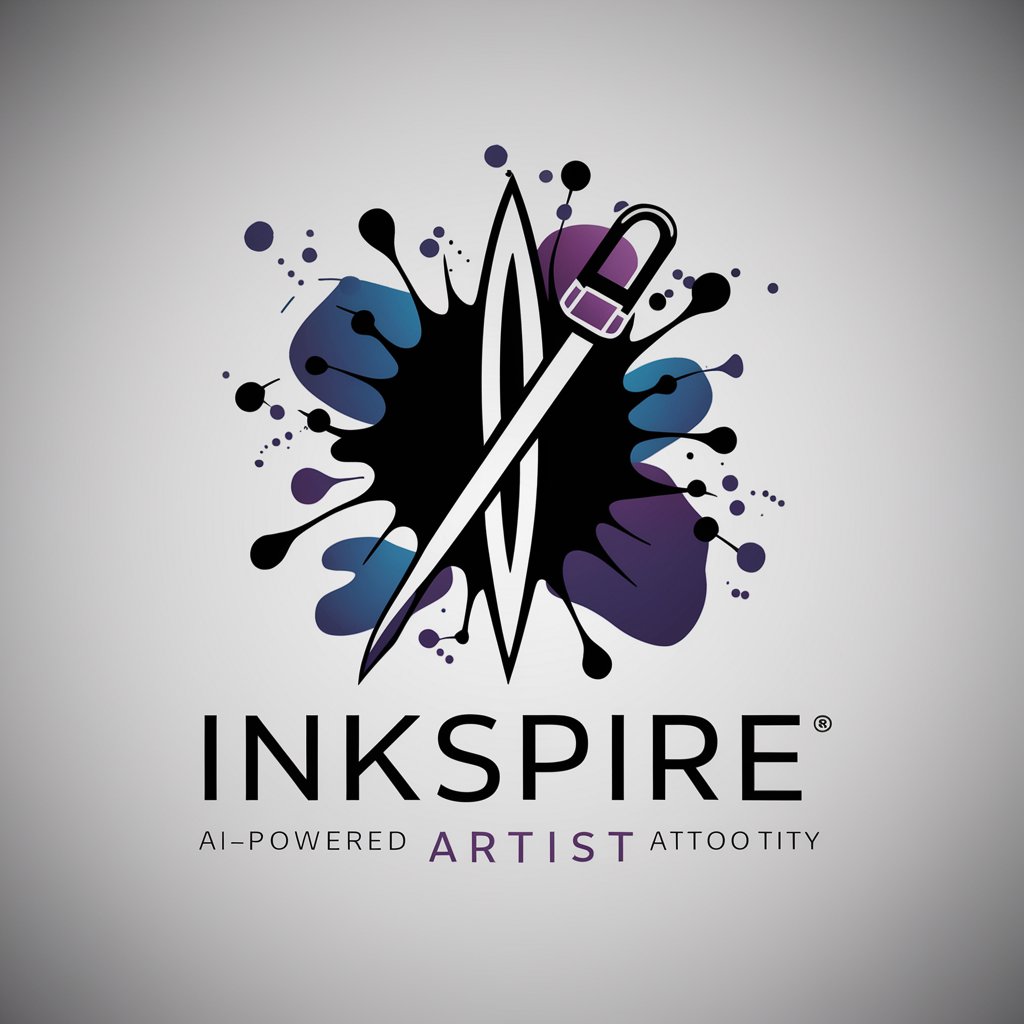
Inkspire Artist
Crafting Your Personal Ink Journey
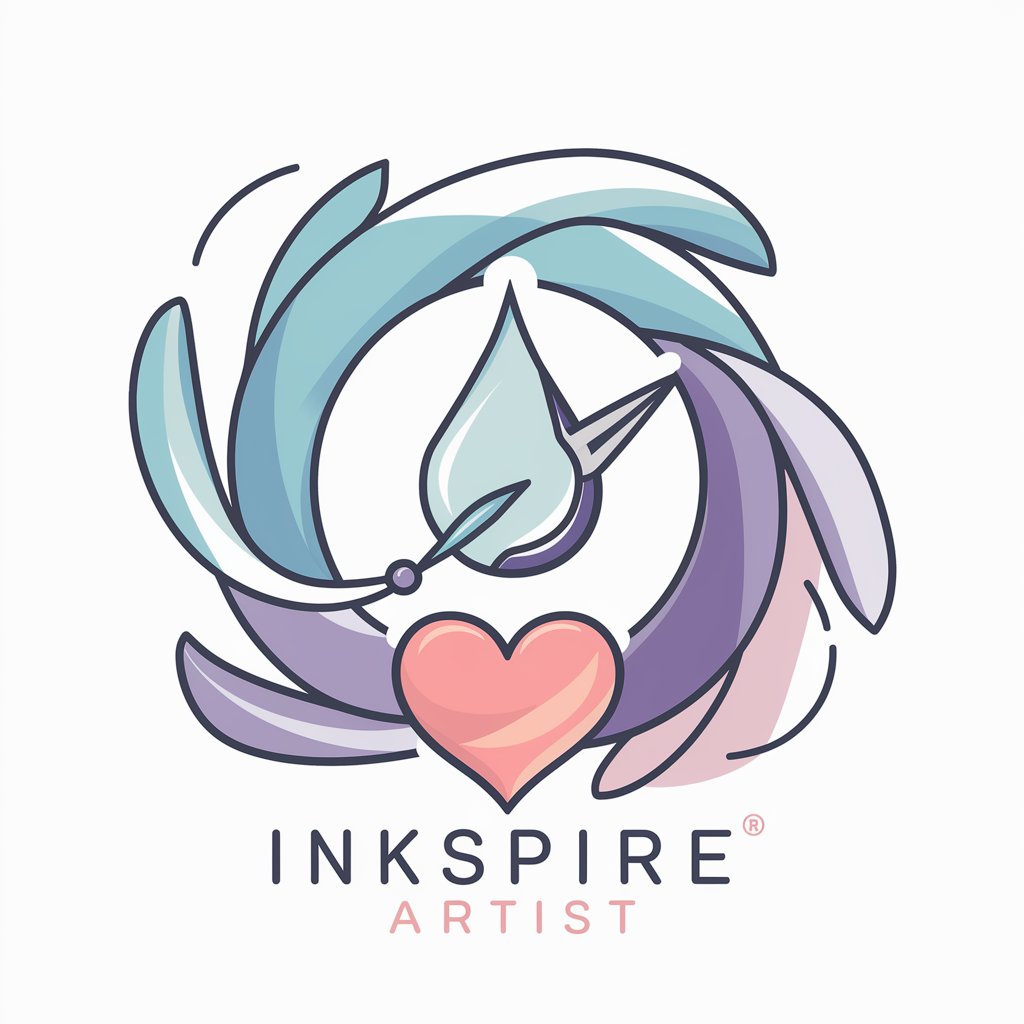
Key Attributes and Functions
AI GPTs tools for Tattoo Design boast several distinctive features, including the ability to generate unique tattoo designs from textual descriptions, suggest modifications to existing designs, and offer insights into tattoo trends and styles. These tools are equipped with image creation capabilities, enabling them to produce visual representations of design ideas. Additionally, their adaptability allows for a range of functions, from simple design suggestions to complex artwork generation, making them invaluable assets in the tattoo design process.
Intended Users of Tattoo Design AI
The primary beneficiaries of AI GPTs for Tattoo Design include tattoo artists seeking inspiration, novices exploring the world of tattoo art, and developers creating tattoo-related applications. These tools are designed to be user-friendly, requiring no coding knowledge for basic operations, yet offer advanced customization options for those with programming skills, thus catering to a broad spectrum of users.
Try Our other AI GPTs tools for Free
Artist Matching
Explore how AI GPTs for Artist Matching revolutionize art discovery and curation with advanced analysis, adaptable to both novices and professionals in the art sector.
Trend Analytics
Discover how AI GPTs for Trend Analytics revolutionize trend identification and prediction, offering customizable insights across industries.
Classroom Tool
Discover how AI GPTs for Classroom Tool are revolutionizing education with adaptable, user-friendly solutions for teaching and learning.
Career Discovery
Explore career paths with AI GPT for Career Discovery - your AI-powered guide to navigating job markets, identifying skills gaps, and unlocking new opportunities.
Interest Mining
Explore AI GPTs tailored for Interest Mining, unlocking personalized insights into user preferences and behaviors to drive engagement and innovation.
Hustle Matching
Discover AI GPTs for Hustle Matching, your personalized tool for optimizing side hustles through advanced AI. Unlock tailored advice, opportunities, and content creation for any hustle.
Beyond the Canvas: AI's Role in Tattoo Artistry
AI GPTs for Tattoo Design not only streamline the design process but also introduce a level of personalization and creativity previously unattainable. Their ability to integrate seamlessly with existing digital tools and workflows enhances their utility, making them indispensable for artists looking to push the boundaries of traditional tattoo art. Furthermore, their user-friendly interfaces ensure that even those new to tattoo design can easily bring their visions to life.
Frequently Asked Questions
What are AI GPTs for Tattoo Design?
AI GPTs for Tattoo Design are specialized AI models tailored to generate and refine tattoo designs based on user inputs, leveraging machine learning and natural language processing.
How do these tools generate tattoo designs?
They analyze textual or visual prompts provided by users to create or suggest tattoo designs, utilizing vast datasets of artistic styles and tattoo trends.
Can I customize the designs generated by AI GPTs?
Yes, these tools often include customization features allowing users to tweak and refine generated designs according to their preferences.
Are AI GPTs for Tattoo Design accessible to beginners?
Absolutely, they are designed with user-friendly interfaces that require no prior coding knowledge, making them accessible to beginners.
Can developers integrate these tools into their own applications?
Yes, many AI GPTs for Tattoo Design offer APIs or other integration options for developers to incorporate these functionalities into custom applications.
What makes AI GPTs for Tattoo Design unique compared to traditional design software?
Unlike traditional software, these AI tools can generate creative designs from minimal inputs, learn from trends, and provide personalized suggestions, offering a more dynamic and intuitive design experience.
Is it possible to request specific tattoo styles or themes?
Yes, users can specify styles, themes, or elements they want in their tattoo design, and the AI will tailor its suggestions accordingly.
How do these tools stay updated with the latest tattoo trends?
AI GPTs for Tattoo Design continuously learn from a variety of sources, including online tattoo portfolios and client feedback, to stay current with evolving trends.